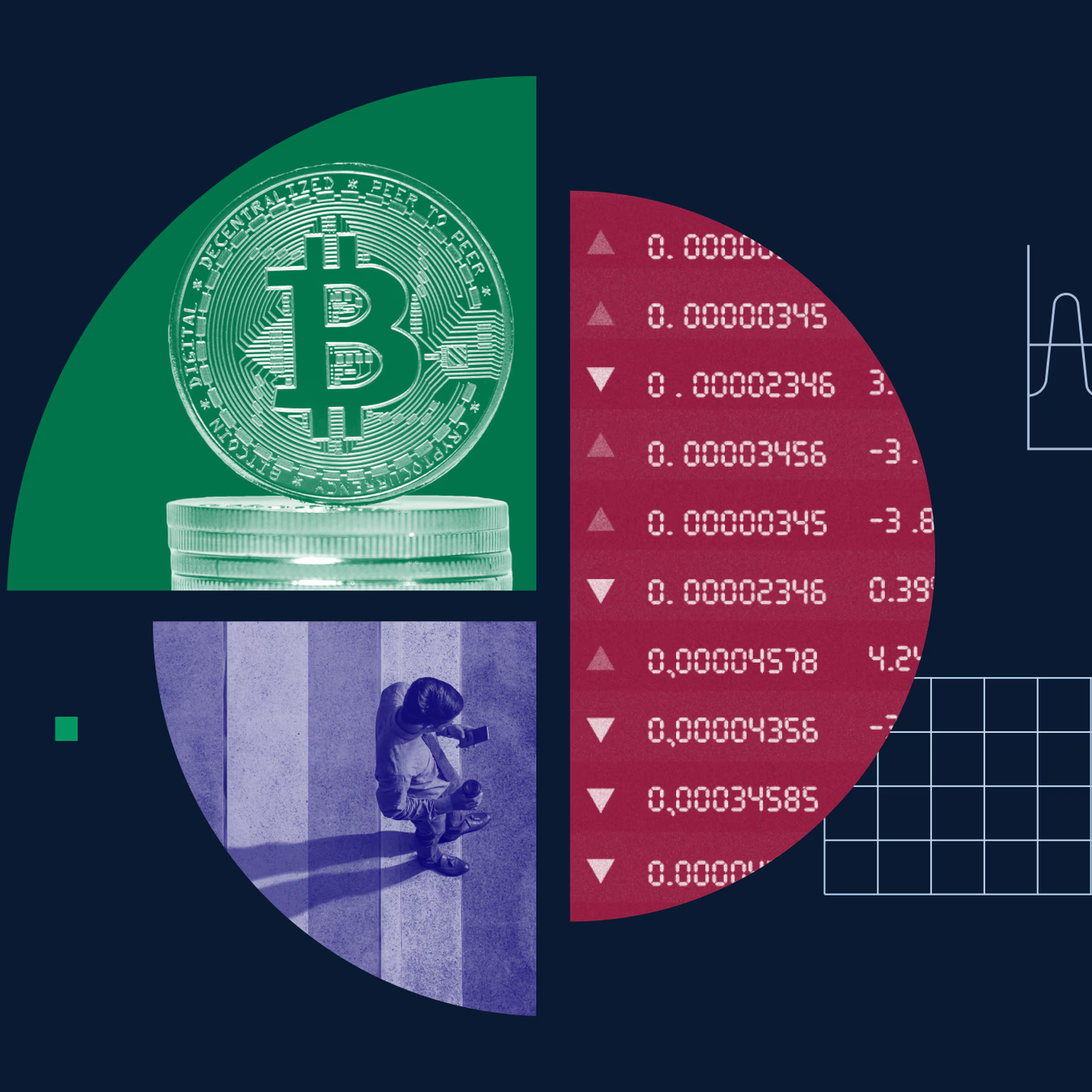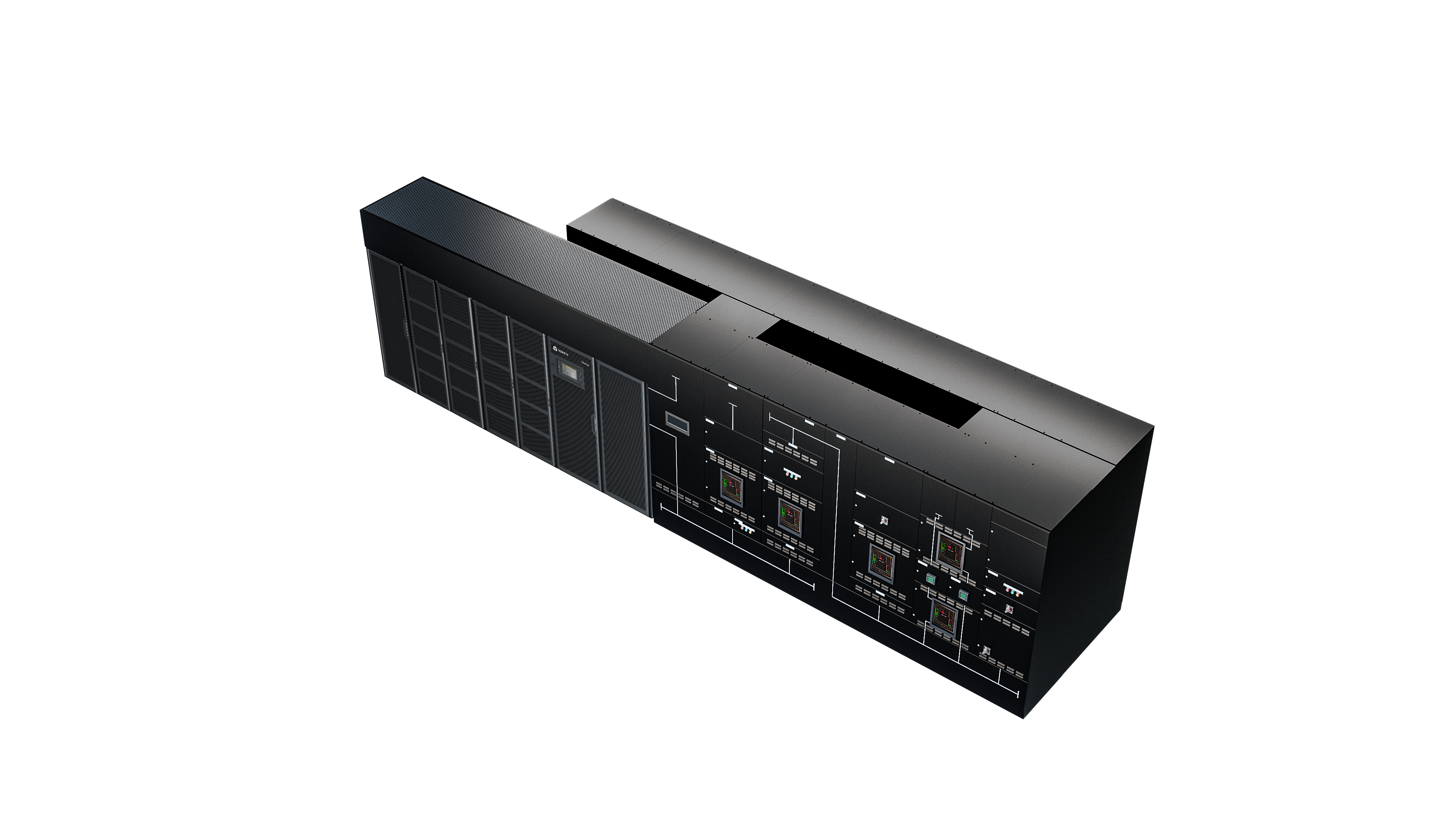Vertiv Unveils Next-Generation UPS
As global electricity demand from data centers is expected to double by 2026 – largely driven by computing and cooling requirements from AI (artificial intelligence) and HPC (high-performance computing) – it is crucial to have a robust backup power solution to provide continuous availability of the GPUs and CPUs that run AI compute. To address these challenges, Vertiv (NYSE: VRT), a global provider of critical digital infrastructure and continuity solutions, today introduced Vertiv™ Trinergy™, an uninterruptible power supply (UPS) engineered to handle the fluctuating load demands of data centers, and Vertiv™ PowerNexus, an integrated solution that provides space-saving close coupling of the UPS and system switchgear. Both solutions are available globally. Vertiv Trinergy UPS is available globally in 1500, 2000, and 2500 kVA capacities.
Vertiv’s most reliable, resilient and efficient UPS in its product class
Vertiv calculates that Vertiv Trinergy exceeds Tier IV data center power chain expected availability, with 99.9999998 percent projected uptime compared to 99.9994 percent – a difference between 30 seconds of downtime in ten years for Vertiv Trinergy, compared to eight hours in ten years as expected for Tier IV data center power chain. The system boosts resilience with extended backup time configurations and its innovative self-isolating core design, with modular architecture that features 500kW physically segregated cores. Each core includes the components of an online UPS: inverter, rectifier, booster/charger, and dedicated, segregated controls, allowing each core to operate independently providing reliable uninterrupted power delivery even during maintenance.
"High-capacity power in a highly reliable system design is critical for data-intensive AI and HPC applications," stated Kyle Keeper, SVP of power management global business unit at Vertiv. "Leveraging over 40 years of innovation, Vertiv™ Trinergy™ UPS offers the resilience essential for operations to become future-ready and to support AI loads. It delivers the flexibility required to adapt to various AI applications and is designed to integrate seamlessly with different prime and backup power sources, lithium-ion and nickel-zinc batteries, and alternative distributed energy sources, including fuel cells and long duration batteries (BESS)."
Space-saving design contributes to lower maintenance costs
Vertiv Trinergy scales the concept of modularity up to all levels of the UPS architecture. Building blocks can be combined to fit different deployment types, achieving considerable space savings with its compact footprint. It streamlines power distribution through a single connection point, cutting down the necessity for numerous cables, flanges, bus ducts, and switchgear connections for UPS outputs.
Vertiv Trinergy footprint is further maximized when integrated with Vertiv™ PowerBoard Switchgear as part of the new Vertiv™ PowerNexus solution, close coupled into a single block connected by internal busbars. This integration also reduces cabling materials, installation time, and installation labor costs. The Vertiv PowerNexus is also available integrated onsite, as a power skid or integrated into an enclosure, providing flexibility to meet specific site needs. Vertiv PowerNexus integration is completed at the factory, saving installation time at the site. The integrated Vertiv™ EPMS (energy and power monitoring system) with onboard energy monitoring makes the system safer, more reliable and more operable out of the box by increasing visibility and reducing the number of interconnections.
The UPS may be supported by the Vertiv project and lifecycle services portfolio, which includes a new suite of data enabled services, including Vertiv LIFE advanced incident management and condition-based maintenance analytics and health scores.
Dynamic Power and Energy Savings
Vertiv™ Trinergy™ delivers an outstanding double conversion efficiency of up to 97.1%, which further increases up to 99% with the Dynamic Online mode, reducing operating costs and energy dissipation. This significantly minimizes the consumption of the cooling system, enabling an overall TCO reduction and shorter payback time.
The UPS can provide additional energy saving, as well as cost saving and revenue generation, by leveraging the Dynamic Grid Support feature, which allows the UPS to participate in demand management and other grid services, where available.
With its improved continuous duty booster operation, the UPS is capable of running from a DC source, even at full load, for an indefinite amount of time. The UPS is also compatible with Vertiv™ DynaFlex Battery Energy Storage System (BESS), which can leverage alternative energy sources for backup or primary power as part of a bring your own power (BYOP) strategy. The replacement of diesel generators as backup power can contribute to a lower mean time to repair (MTTR), and contributes to decarbonization.
































Leave A Comment